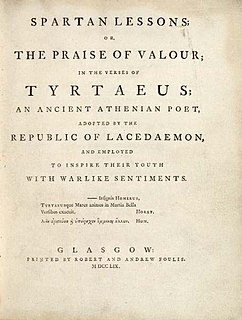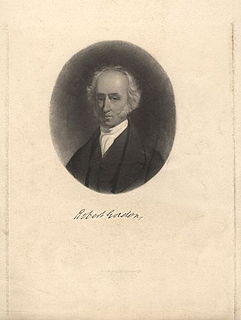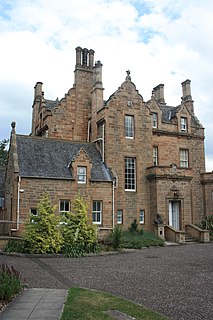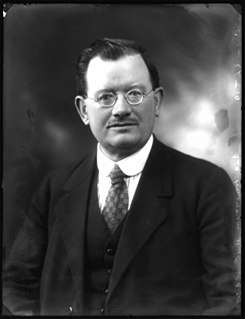 W
WAlexander Arbuthnot was an early printer in Edinburgh, Scotland, the fourth son of John Arbuthnot Sr in Portertown and of Legasland.
 W
WWilliam Blackwood was a Scottish publisher who founded the firm of William Blackwood and Sons.
 W
WWalter Biggar Blaikie FRSE DL LLD was a Scottish civil engineer, printer, historian and astronomer.
 W
WRobert John Cameron Brough ARSA was a Scottish painter born near Invergordon, Ross and Cromarty.
 W
WPeter Buchan was a Scottish editor, publisher, and collector of ballads and folktales. He was born in Peterhead, Aberdeenshire.
 W
WDuncan Cameron was a Scottish businessman, owner of The Oban Times newspaper and the inventor of the "Waverley" pen-nib.
 W
WJames Chalmers was a Scotsman who it was claimed, by his son, was the inventor of the adhesive postage stamps.
 W
WThe Chepman and Myllar Press was the first printing press to be established in Scotland.
 W
WWalter Chepman (d.1532) was a Scottish merchant, notary and civil servant active in the late fifteenth and early sixteenth centuries. Chepman served at the Scottish court during the reigns of James IV and James V. In partnership with Androw Myllar he established Scotland's first printing press in 1508. Chepman was also a significant patron of Saint Giles' Kirk in Edinburgh.
 W
WSir William Collins (1817–1895) was a Scottish publisher, prominent in the temperance movement who served as Glasgow's Lord Provost between 1877 and 1880.
 W
WArchibald David Constable was a Scottish publisher, bookseller and stationer.
 W
WWilliam Creech FRSE was a Scottish publisher, printer, bookseller and politician. For 40 years Creech was the chief publisher in Edinburgh. He published the first Edinburgh edition of Robert Burns' poems, and Sir John Sinclair's influential "Statistical Accounts of Scotland". In publishing Creech often went under the pseudonym of Theophrastus.
 W
WWilliam Elphinstone was a Scottish statesman, Bishop of Aberdeen and founder of the University of Aberdeen.
 W
WRobert Foulis was a Scottish printer and publisher.
 W
WRev Dr Robert Gordon DD FRSE was a Scottish minister and author. Originally prominent in the Church of Scotland, and serving as Moderator of the General Assembly in 1841, following the Disruption of 1843 he joined the Free Church of Scotland and became a prominent figure in that church.
 W
WArchibald McLean (1733–1812) was a Scotch Baptist minister.
 W
WThomas Murray was a Scottish printer and writer. His most noted work is The Literary History of Galloway.
 W
WAndrow Myllar was the first Scottish printer.
 W
WPatrick Neill was a Scottish printer and horticulturalist, known as a naturalist. A founding member, and the first secretary, of both the Wernerian Natural History Society (1808–49) and the Caledonian Horticultural Society (1809–49), he is mainly remembered today for having endowed the Neill Medal of the Royal Society of Edinburgh.
 W
WThomas Nelson FRSE (1822–1892) was a Scottish businessman who joined the family publishing firm of Thomas Nelson in 1839 at which point it was renamed Thomas Nelson & Sons. In 1850 he invented an improved rotary printing press.
 W
WThomas Ruddiman was a Scottish classical scholar.
 W
WWilliam Smellie (1740–1795) was a Scottish printer who edited the first edition of the Encyclopædia Britannica. He was also a naturalist and antiquary, who was joint founder of the Royal Society of Edinburgh, co-founder of the Society of Antiquaries of Scotland, and a friend of Robert Burns.
 W
WAlexander Tilloch FSA (Scot) was a Scottish journalist and inventor. He founded the Philosophical Magazine.
 W
WJohn Wheatley was a Scottish socialist politician. He was a prominent figure of the Red Clydeside era.